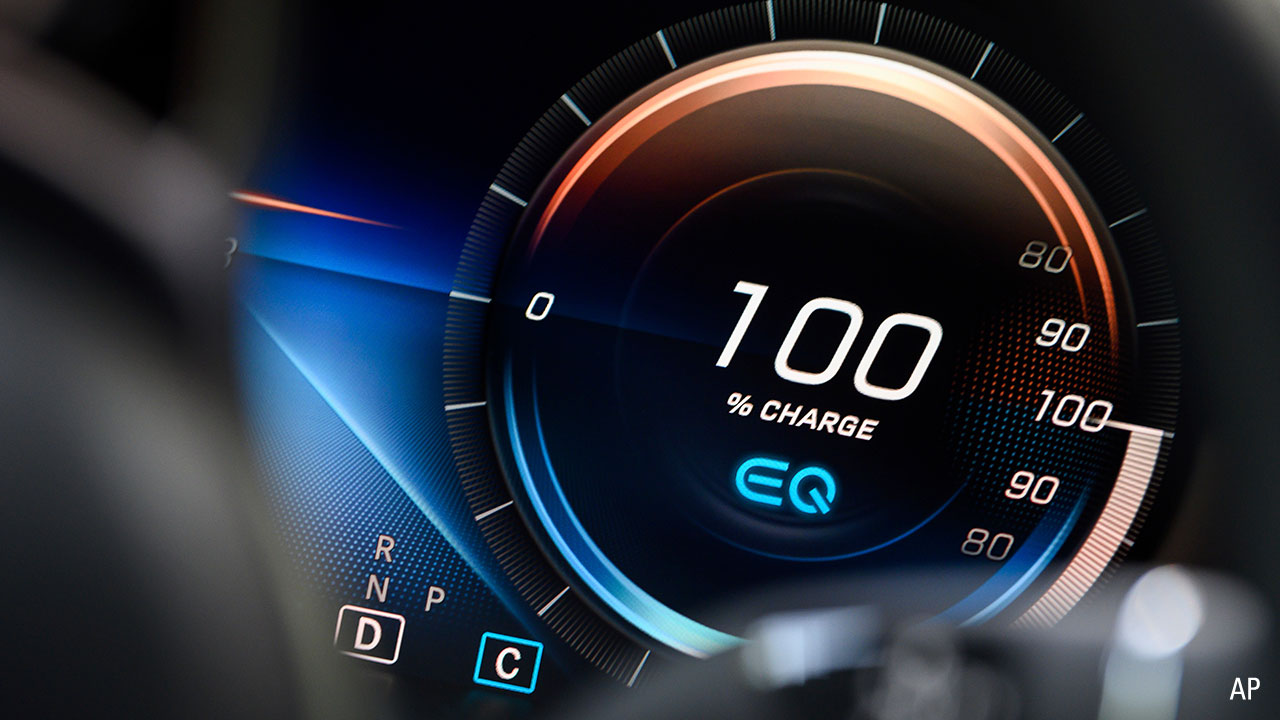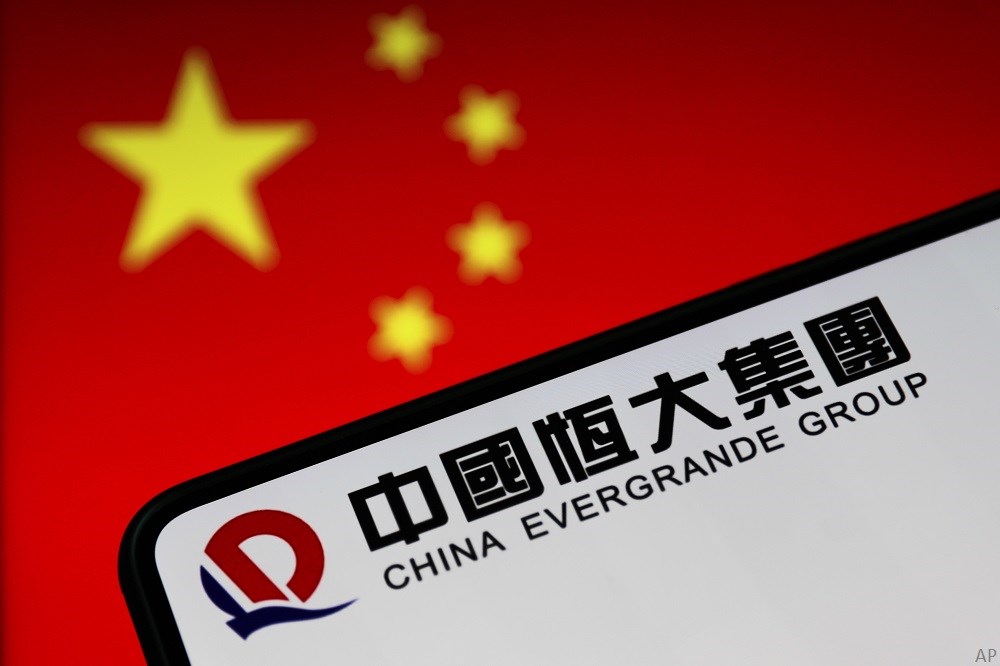
Morningstar analysts forecast massive growth in electric vehicle adoption around the world. By 2030, EVs and hybrids will be two out of every three autos sold, according to Morningstar’s 2021 Electric Vehicle Observer.

This growth will be driven by cheaper EV offerings, EV performance parity with internal combustion engines, and expanded charging infrastructure throughout China, Europe, and the United States. Beyond automakers, EV growth will create investment opportunities across several industries.
Investment Opportunities Exist Beyond Automakers
Increased battery EV adoption will evolve and transform multiple industries throughout the supply chain. As shown below, the EV supply chain begins with raw materials and specialty chemicals, which are used to make EV-specific auto parts that ultimately end up in vehicles, including batteries, auto components, and technology components. From there, auto original equipment manufacturers assemble the parts just like in internal combustion engine vehicle manufacturing. Though not a direct part of the supply chain, the buildout and operation of charging infrastructure also creates opportunities.

The table below shows companies under Morningstar analyst coverage that we think are undervalued and well-positioned to benefit from EV growth.

BorgWarner (BWA)
- BorgWarner makes motors, gearboxes, inverters, converters, battery management systems, on-board chargers, and software for EVs. The company also combines components and software into a complete integrated drive module.
- BorgWarner's narrow Morningstar Economic Moat Rating comes from the intangible asset moat source derived from a continuous flow of intellectual property. The firm also benefits from the switching cost moat source.
- In 2030, BorgWarner targets around 45% of its revenue from EVs, up from slightly less than an estimated 3% in 2021. We expect revenue to average 2 to 4 percentage points of growth in excess of global light vehicle production as EV penetration outpaces declines in ICE.
DuPont de Nemours (DD)
- DuPont sells specialty polymers, materials to produce battery separators, and electronic materials to automakers and auto suppliers throughout the EV supply chain. The company generates roughly 50% more revenue per EV or hybrid versus ICEs.
- Our narrow moat rating stems from DuPont's patented portfolio of specialty products. DuPont's ability to continuously innovate provides stable pricing power and allows the firm to earn an excess return on capital.
- DuPont invests around 4% of sales in research and development every year, which we think is enough to continue developing new premium products. As EV adoption grows, DuPont should benefit from selling a greater proportion of premium products into the EV supply chain.
Edison International (EIX)
- Edison's Southern California electric utility is embarking on the largest EV charging network expansion in the U.S. right now. The investment in the charging network and the distribution infrastructure to support the new chargers will total about $1 billion.
- As a fully regulated distribution utility, Edison's service territory monopoly in Southern California and its efficient-scale advantage are its primary sources of a narrow economic moat. California utilities regulation is mostly constructive, as the state realizes it needs financially healthy utilities that can attract capital to support its environmental goals.
- Edison plans to spend US$16 billion during the next three years on distribution and transmission upgrades in California, representing 7% annual growth in its asset base. As EV penetration grows, we expect investment in EV-related infrastructure and energy storage to make up a larger share of its growth investment.
Sociedad Química y Minera de Chile (SQM)
- SQM's largest business is lithium production. Lithium will benefit from increased EV adoption as greater lithium demand will result in higher prices and profits.
- Our narrow moat rating stems from SQM's cost-advantaged lithium, iodine, and specialty fertilizer production. SQM operates the lowest-cost brine-based lithium resource globally.
- SQM is investing in expanding its lithium capacity more than 3 times over the next decade, largely through low-cost brownfield capacity expansions. We view these investments as value-accretive given our favorable EV outlook.





















